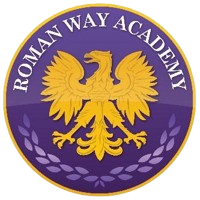Physical Education
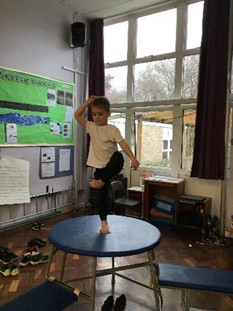
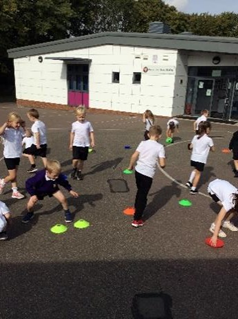
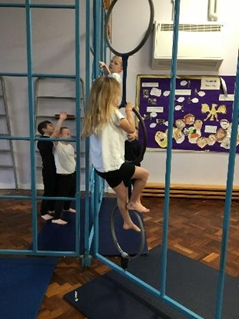
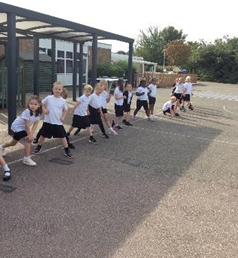
How we teach, learn and assess PE at Roman Way Academy
PE develops the pupils’ knowledge, skills and understanding, so that they can perform with increasing competence and confidence in a range of physical activities for sustained periods of time. As a school, we place high value on the quality of PE provision. Access to well sequenced, quality planning and subject knowledge are of paramount importance in the delivery and intent of our PE curriculum. Physical Education is taught through knowledge, skills and understanding, so that children can perform with increasing competence and confidence in a range of physical activities. These include units from GetSet4PE, such as dance, games, gymnastics, swimming and water safety, athletics and outdoor and adventurous activities. We aim to promote lifelong, positive attitudes towards a healthy lifestyle by providing a broad curriculum and extra-curricular opportunities.
At Roman Way, we aim to:
- Promote physical activity and build awareness of its positive impact on mental health and well-being;
- Enable children to develop and explore physical skills with increasing control and co-ordination;
- Encourage children to work and play with others in a range of group situations;
- Develop the way children perform skills and apply rules and conventions for different activities;
- Increase children’s ability to use what they have learnt to improve the quality and control of their performance;
- Teach children to recognise and describe how their bodies feel during exercise;
- Develop children’s enjoyment of physical activity through creativity and imagination;
- Develop an understanding in children of how to succeed in a range of physical activities and how to evaluate their own success.
Teaching
For Key Stage 1, pupils should develop fundamental movement skills, become increasingly competent and confident and access a broad range of opportunities to extend their agility, balance and coordination, individually and with others. Teachers aim for pupils to:
- Master basic movements including running, jumping, throwing and catching as well as developing balance, agility and coordination, and begin to apply these in a range of activities and/or sports;
- Develop balance, agility and co-ordination;
- Participate as a team and as an individual;
- Perform routines using simple movement patterns.
For Key Stage 2, pupils should continue to apply and develop a broader range of skills, learning how to use them in different ways and to link them to make actions and sequences of movement. They should begin to enjoy communicating, collaborating and competing with each other. Teachers aim for pupils to:
- Use running, jumping, throwing and catching in isolation and in combination;
- Play competitive games e.g., handball, basketball, rounders and cricket;
- Apply basic principles suitable for attacking and defending in a game situation;
- Develop flexibility, strength, technique, control and balance through athletics and gymnastics;
- Perform routines and dances using a range of movement patterns;
- Take part in Outdoor Adventurous Activity challenges within a team.
Pupil Assessment
Teachers and TAs continually scan the teaching space to assess how well children are doing and question children to check their understanding of rules/instructions, key vocabulary and the skills being taught. In response to this, the STEP approach is used to adapt teaching to meet the needs of all pupils. This involves changing or adjusting the Space, Task, Equipment or People, so that the learning becomes more accessible or more challenging. Summative teacher assessment is based on the achievement of the skills set out on GetSet4PE for each unit of learning.
